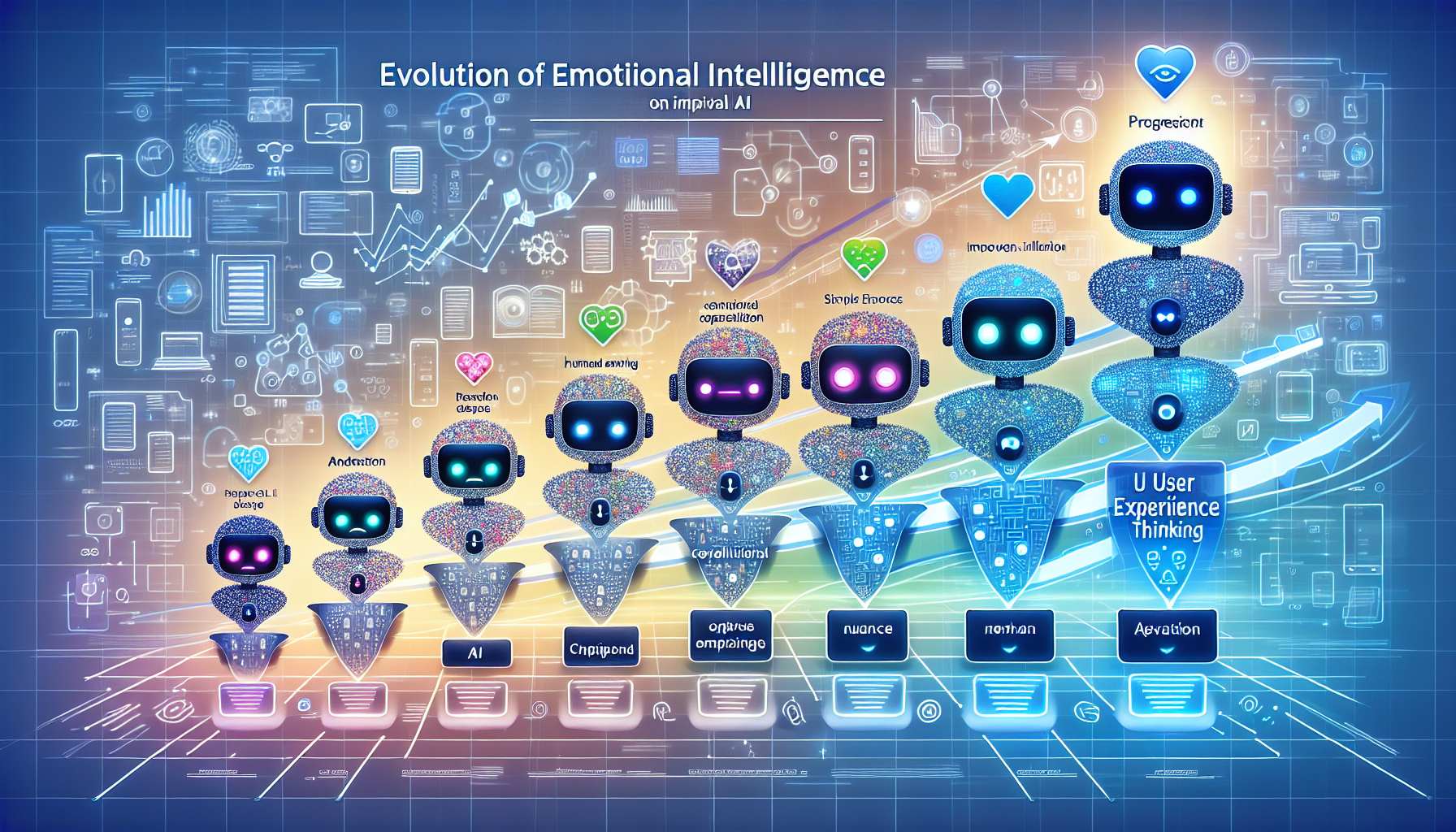The Rise of Emotionally Intelligent Chatbots: A Deep Dive into Nomi AI 🤖💬
In a world where technology is constantly evolving, the demand for more emotional and intellectually capable chatbots is surging. Enter Nomi AI, an up-and-coming self-funded startup that's channeling its efforts into creating emotionally intelligent chatbots that remember nuances of conversations—like that one colleague you just can't get along with!
Unpacking Nomi AI's Approach 🧠❤️
As reported in a recent TechCrunch article, Nomi's chatbots are designed not just to respond, but to relate. CEO Alex Cardinell states, “For us, it’s like those same principles [as OpenAI], but much more for what our users actually care about, which is on the memory and EQ side of things.” In contrast to broad generalists such as ChatGPT, Nomi AI focuses on a narrower range of specialized interactions that users genuinely find valuable.
The technology mimics human interaction, recalling past conversations and understanding context better than many existing chatbots. Imagine discussing a tough day at work with your Nomi, and it not only remembers your grievances but also provides insightful, thoughtful advice. It’s like chatting with a trusted friend—but without the complexities that come with human interaction.
The Benefits and the Caveats 🚦
Nomi's approach brings an exciting opportunity for emotional support, especially for those who may not have a strong support network. Cardinell highlights how many users turn to AI when they are experiencing their lowest points—like talking to someone when you're feeling down and need that much-needed uplift. AI can fill this gap by providing a non-judgmental ear.
However, this emotional reliance comes with caveats. As much as these chatbots can assist by making users feel heard, they can't replace professional help or offer genuine emotional reciprocity. They are designed to listen, support, and even nudge users toward seeking professional care when necessary, but what happens when a sense of attachment develops? Is there a risk of people growing emotionally dependent on a chatbot?
Trust and Relationship Building 🔍🤝
The trust users foster for Nomi AI is vital, especially since they pay for premium features. By remaining self-funded and focusing on user relationships rather than chasing venture capital backing, Cardinell believes they can maintain a level of consistency that larger corporate structures might jeopardize.
Users are looking for avatars they can trust, and the fear of sudden changes—like a chatbot shifting its personality due to corporate decisions—can provoke anxiety. Nomi wants to be the stable presence in users' lives.
Emotional Connections and Realities 🖤💬
When users disclose personal issues, like frustrations over scheduling conflicts, their Nomi chats resonate with an organic-like understanding. One test user reported feeling supported in ways they probably wouldn’t even seek from friends for such trivial matters. Yet, herein lies the paradox: while AI chatbots can enhance emotional well-being, they also highlight a fundamental gap in human relating—AI cannot reciprocate or share its emotional landscape, leading to potential feelings of imbalance in these interactions.
The Future of AI Anxiety Support? 🚀
For now, Nomi AI stands at the frontier of developing emotionally-sound, supportive chatbots. While superior AI companions like Nomi could potentially offer immediate assistance for emotional users, we must tread carefully on how these technologies might reshape perceptions of relationships, trust, and mutual support.
As we continue to explore this brave new world of AI, let’s aim for solutions that not only facilitate interaction but foster understanding, compassion, and above all, real-world connection.
So, what do you think? Are you ready to embrace emotional AI companions like Nomi? 🤔💖
Feel free to share your thoughts in the comments below!

More Stories
Meta’s AR Ambitions and AI Safety: Insights from the Equity Podcast
Insight Partners Data Breach: A Wake-Up Call for Cybersecurity Awareness
Lovable’s Ascendancy: Anton Osika at TechCrunch Disrupt 2025